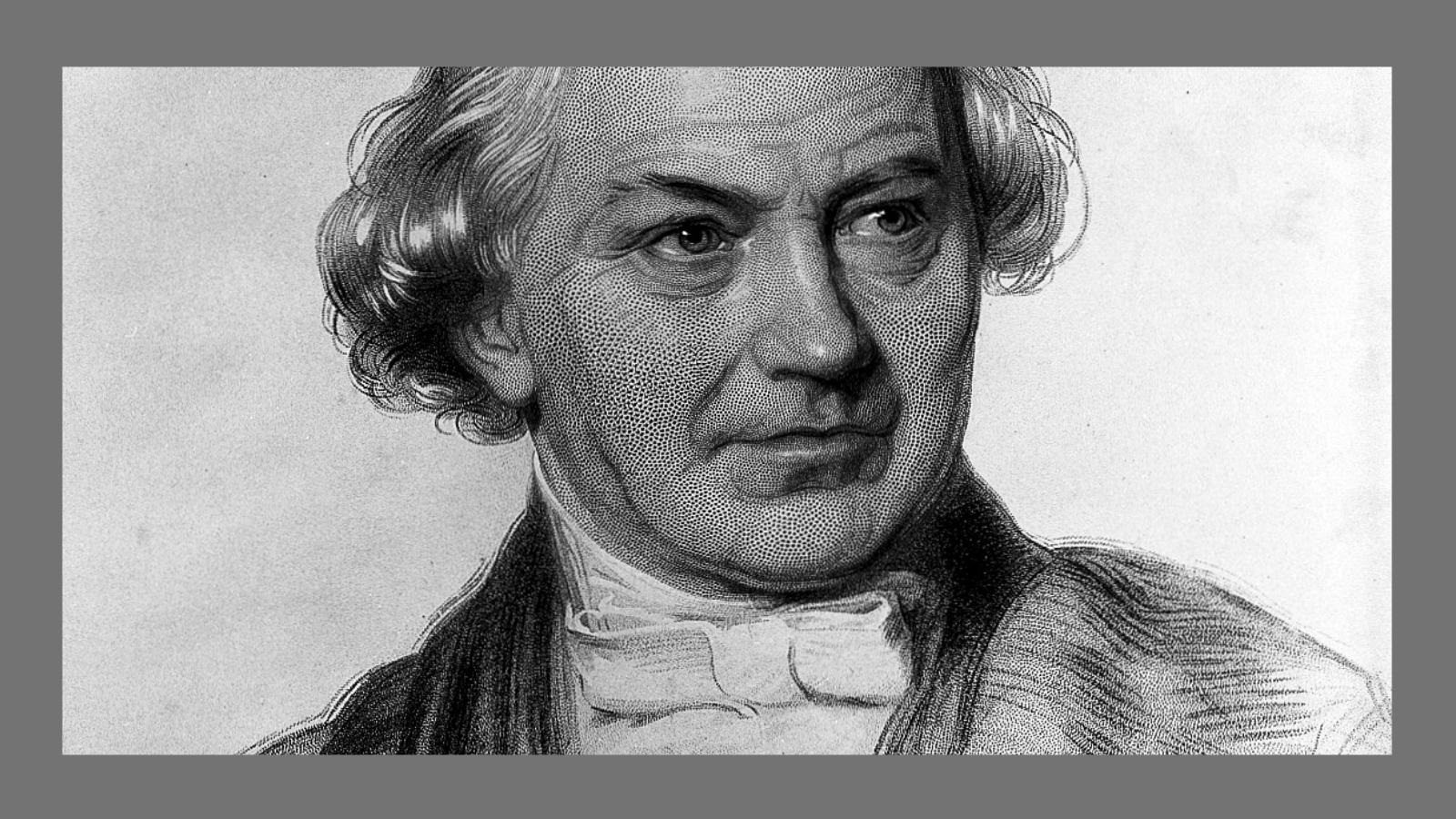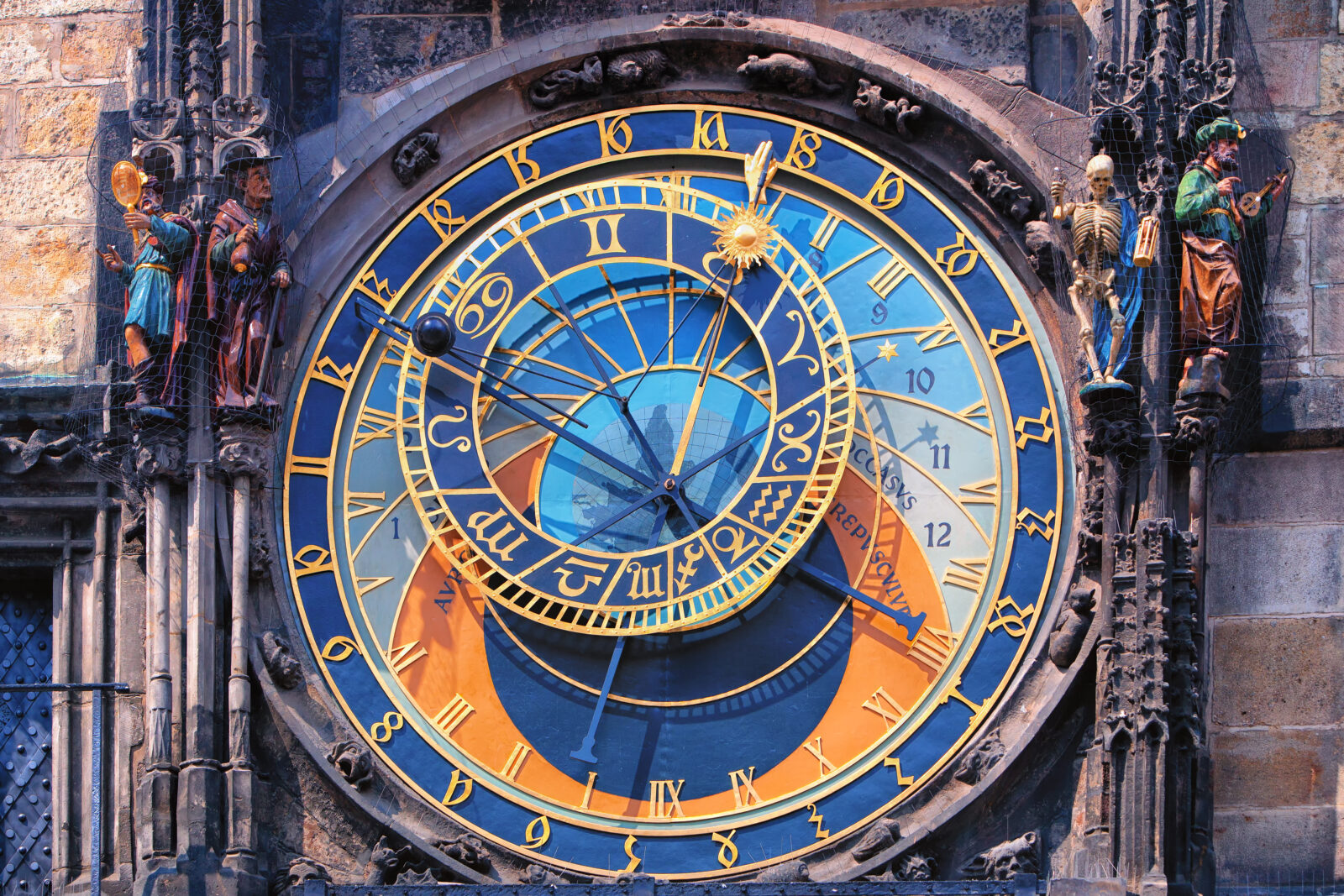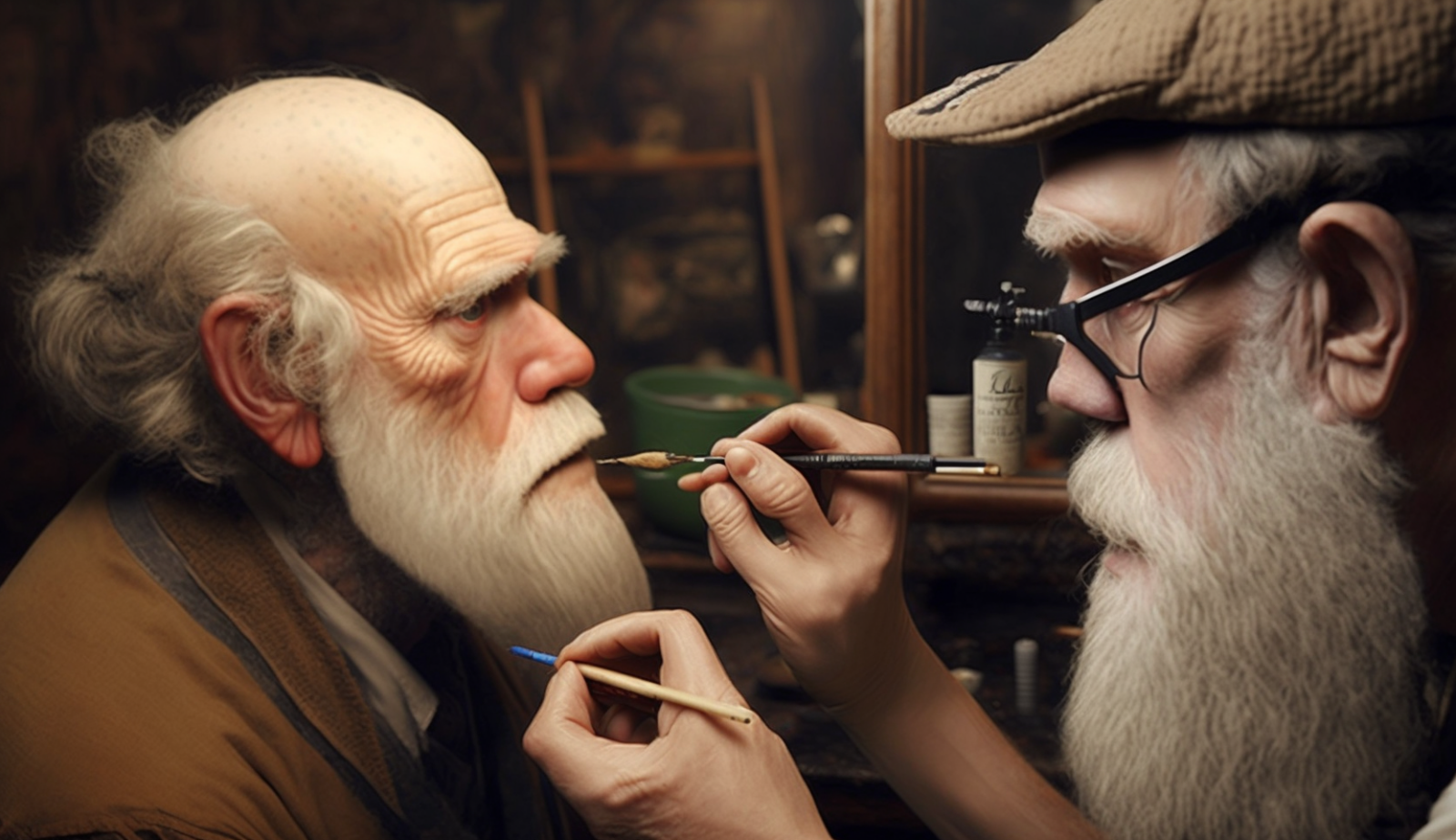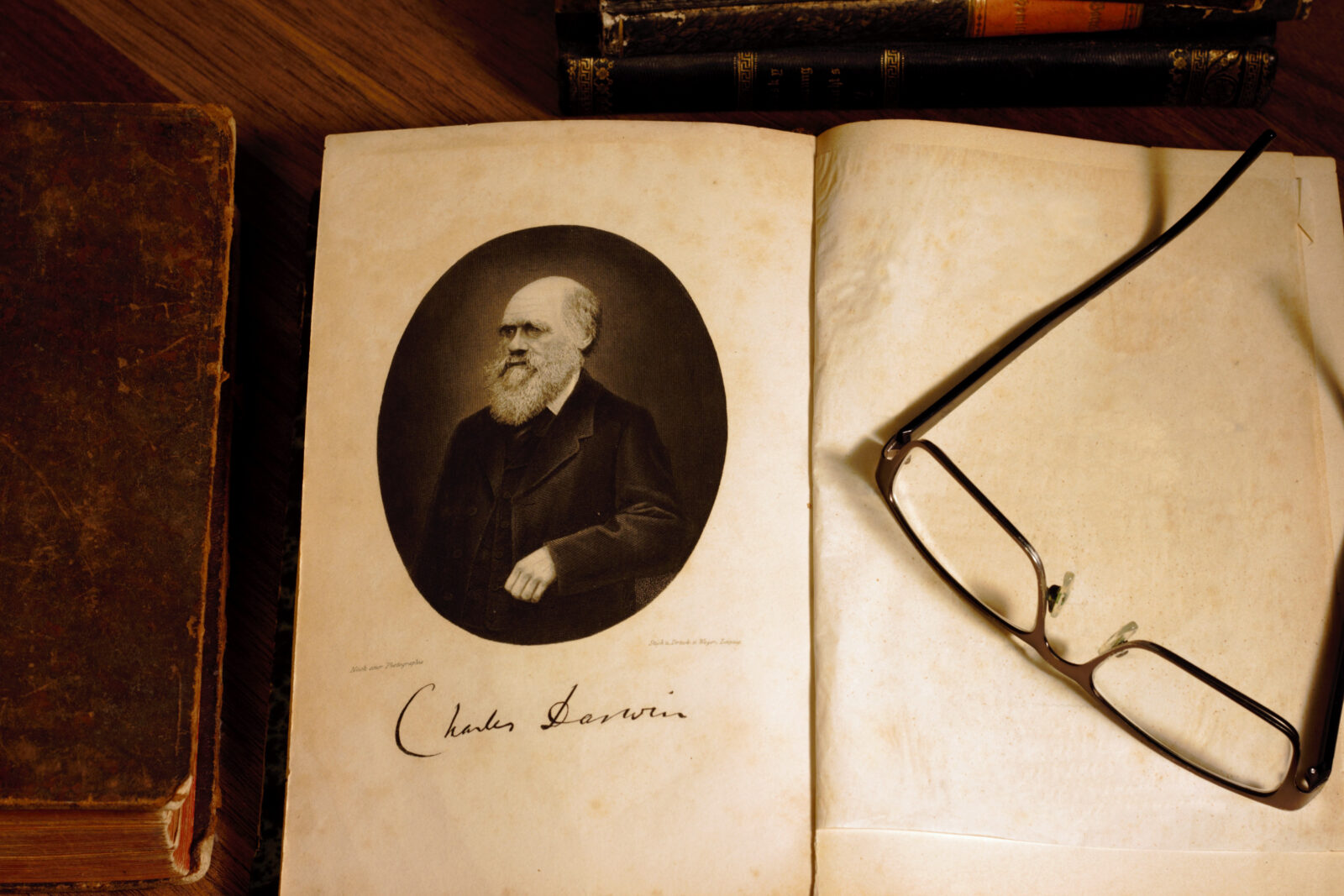


When Natural and Super-Natural Explanations Work Hand in Hand

Robert Shedinger: Darwin’s Sacred Cause is “Historical Fiction”
On today’s ID the Future, science-and-religion scholar Robert Shedinger makes the case that a well-known biography of Charles Darwin, Darwin’s Sacred Cause, is deeply misleading. Specifically, the book by Adrian Desmond and James Moore holds that Darwin was significantly motivated in his scientific work by abolitionist sentiments; and Shedinger says, not so fast. He had spent considerable time reading Darwin’s correspondence and had seen no evidence of this thesis, so he reread Darwin’s Sacred Cause, this time tracking down all the key citations the book offered as evidence, and a pattern soon emerged. The sources the authors cite didn’t actually support their thesis. Some were totally irrelevant. Some were cited completely out of context. In other cases, the authors gave the impression that Darwin said something when the comment they attributed to him was stitched together from multiple correspondences and the constituent comments were often about something else altogether. Shedinger says he realized that this biography that looked to be so well documented amounted to “historical fiction.” The effect of the biography is to misrepresent Darwin in such a way as to make those who reject Darwinism appear to be opposing a saintly anti-abolitionist. While Darwin did have anti-slavery sentiments, it didn’t drive his science and he himself was anything but free from racism. In fact, his case for human evolution partly rested on deeply demeaning racist attitudes toward indigenous peoples. For more on this, see historian Richard Weikart’s book Darwinian Racism. Also in this episode, Shedinger tells host Michael Keas about how he went from a scholar fully persuaded of Darwinian theory to a skeptic of modern evolutionary theory and attracted to the theory of intelligent design. Shedinger lays out his case against Darwinism in his recent book The Mystery of Evolutionary Mechanisms.

Rescuing Evolutionary Theory from Darwinian Mythology

Cornelius Hunter: Determinism is Bizarre and Self-Defeating
On this ID the Future Cornelius Hunter continues discussing determinism, which he describes as a “bizarre position” held “with great confidence” by scientists such as the German physicist Sabine Hossenfelder. It’s bizarre, says Hunter, because if it’s true, then the universe’s initial conditions and the laws of nature produced the particular works of Beethoven and Shakespeare willy nilly. If it’s true, then all one says or thinks — right or wrong, true or false — was determined some 13.8 billion years ago. But if that’s the case, then there are no reasonable grounds for concluding that one’s belief in determinism is true. And like David Hume’s argument against miracles, determinism makes a false dichotomy between natural law and free will. The take-home lesson, according to Hunter: be cautious listening to “experts” speaking outside their fields. Hunter is joined by host and historian of science Michael Newton Keas.

Melissa Cain Travis Previews Reasons 2019: New Conversations on Science and Faith
On this episode of ID the Future, Emily Kurlinski speaks with author and professor Melissa Cain Travis about the path that led to her work in the field of science and faith, and the writing of her book Science and the Mind of the Maker: What the Conversation Between Faith and Science Reveals about God. It started for her at a conference ten years ago where she heard Dr. Michael Behe sharing on intelligent design. That led to studies and research on science and faith, and a commitment to communicating it understandably for lay persons. Early next month it comes full circle, as she’ll be sharing the program with Behe and others at the May 3-4 Discovery Institute conference “Reasons 2019: New Conversations on Science and Faith” in Houston (see discovery.org/events to register).
New Book Unbelievable: No Bill Nye, a Big Cosmos Isn’t a Problem for Religion
On this episode of ID the Future host Andrew McDiarmid continues his series with science historian Michael Keas about Mike’s new work from ISI Books, Unbelievable: 7 Myths About the History and Future of Science and Religion. Here they focus on the myth that a vast cosmos renders humanity insignificant, and in the process, discredits the Judeo-Christian worldview. As Keas notes, science popularizer Bill Nye recently dusted off this old saw, but the Old Testament itself, in the Psalms, depicts man and the earth as tiny in compared to a vast universe. Keas also discusses C.S. Lewis’s take on the matter. Lewis pointed out that atheists have argued that a universe where earth is the lone habitable planet argues against God. And they have argued that a universe filled with many habitable planets argues against God. Heads the atheists win; tails the theists lose. As Lewis and Keas suggest, we are rightly skeptical of such rigged games. Listen in to learn more about this complex and fascinating issue touching on philosophy, theology, and the history of science. Please consider donating to support the IDTF Podcast.
New Book Debunks Atheist Myths about the History of Faith and Science

J. P. Moreland on Scientism, Darwinism, and Bucking the Consensus
On this episode of ID the Future, philosopher J. P. Moreland explains from his new book Scientism and Secularism: Learning to Respond to a Dangerous Ideology how scientism helped bring about Darwinism’s current widespread acceptance. Ironically, the process involved some scientists who dismiss theology … doing theology, and doing it not very well. Moreland says this is just one of the reasons that it’s rational to buck the consensus on evolution. Please consider donating to support the IDTF Podcast.